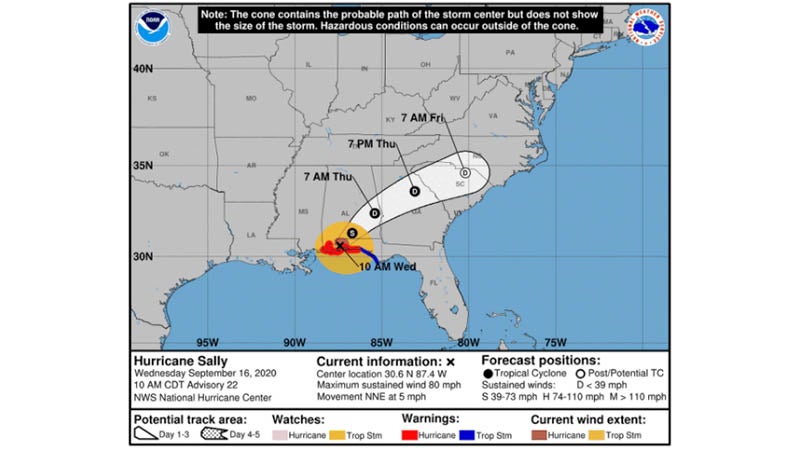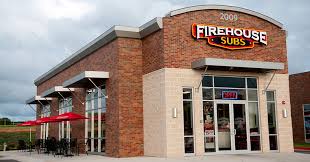Cities combating mosquitoes
Published 12:05 am Saturday, June 13, 2015
Expect to ramp up pest control efforts this summer
Despite the best efforts of local municipalities, mosquitoes, it seems, are everywhere.
Street departments in Andalusia, Opp and Florala already started spraying for mosquitoes, and some will step up their efforts later in the summer.
The City of Andalusia’s public works department sprays all week at night, if weather permits.
In Florala, Public Works Director Chris Jackson said the city normally sprays for mosquitoes once a month.
“We spray in the centralized population, and around Central Avenue, where the swamps are,” Jackson said.
Jackson said mosquitoes won’t start getting bad until the first and middle of July.
“We’ll run more frequently then,” he said.
In Opp, the city sprays two nights a week at three hours a night.
“We try to catch the heavier spots a little more often, around the ball complex,” Opp Street Superintendent Gary Frazier said.
Frazier said the mosquito spray is a contact killer.
“It’s mist is what it is,” he said. “You’ve got to have the wind just right to blow through the branches.”
Frazier said the best time to spray is at dark.
“They’re nocturnal,” he said. “They don’t come out until it gets good and dark or completely dark.”
In July, the spray will be a stronger chemical that will help kill the mosquitoes carrying the West Nile Virus, Frazier said.
“We’ll go three nights a week then,” he said.
Recent rainfall totals might have spawned an increase in the mosquito population, and the best way to get rid of mosquitoes is to destroy their habitats.
According to the Choctawhatchee, Pea and Yellow River Watershed Management Authority, 21.22 inches of rain have fallen at the Yellow River Highway 55 station this year, and 17.57 inches have fallen at the Yellow River Highway 84 station in 2015.
Removing any kind of standing water can help reduce the mosquito population, The Mosquito Authority Owner Chris Mason said.
“Actually, the removal of water, any kind of standing water, that’s important,” Mason said. “Grass maintenance is important, too. You need to keep your gutters clean; anything that can hold water.”
Mason said due to the rain that has fallen this year, the mosquito population has become more of an issue.
“In Brewton where I spray a lot, it has been bad,” he said. “Andalusia has been bad as well, people say.”
Mosquitoes tend to come out during the morning and afternoon, and hang out in shady areas.
All mosquitoes start their life cycles in water. The cycle lasts 10-12 days. Only the female bites and obtains blood to help produce eggs. Females tend to feed near dusk and at night.
During the winter, the majority of mosquitoes survive as eggs and are unaffected by snow and the cold weather.
There are three types of mosquitoes common in the area, Mason said.
There are the anopheles, or malaria-carrying mosquito; the Aedes, or Asian Tiger; and the Culex Pipens, or the common house mosquito.
“Those are the three most common types here,” Mason said.
In the United States, there are 150 different species of mosquitoes, and 2,500 around the world.
A mosquito’s life cycle varies by species. Most adult female mosquitoes live between two and three weeks, and that some that hibernate in garages, culverts and attics can live as long as six months to lay eggs in the spring, according to The Mosquito Authority.
Mosquitoes go from eggs to larva and then to pupa before becoming full-fledged adults.
Mason said sometimes residents can’t remove habitats, such as rivers, ponds and creeks.
“You can remove any standing water, but moving water not so much,” he said.




